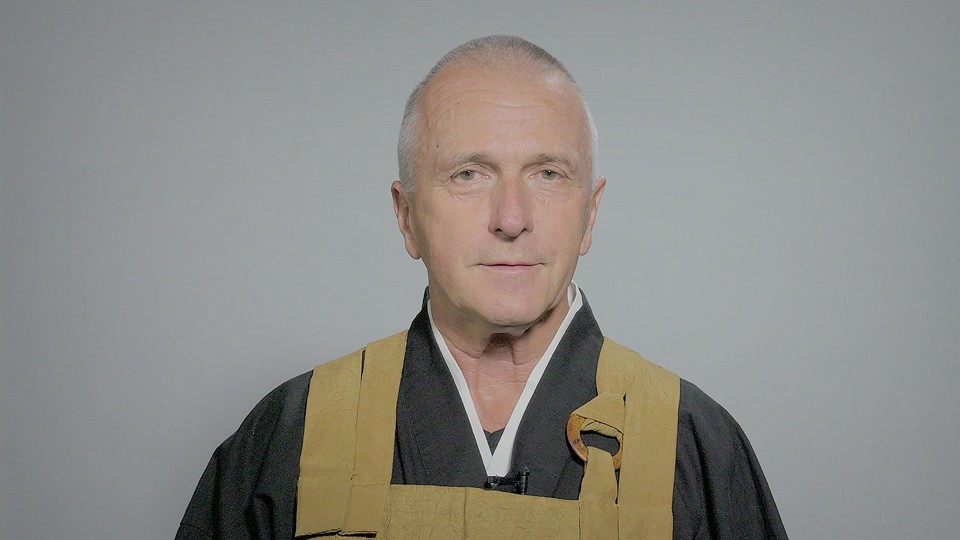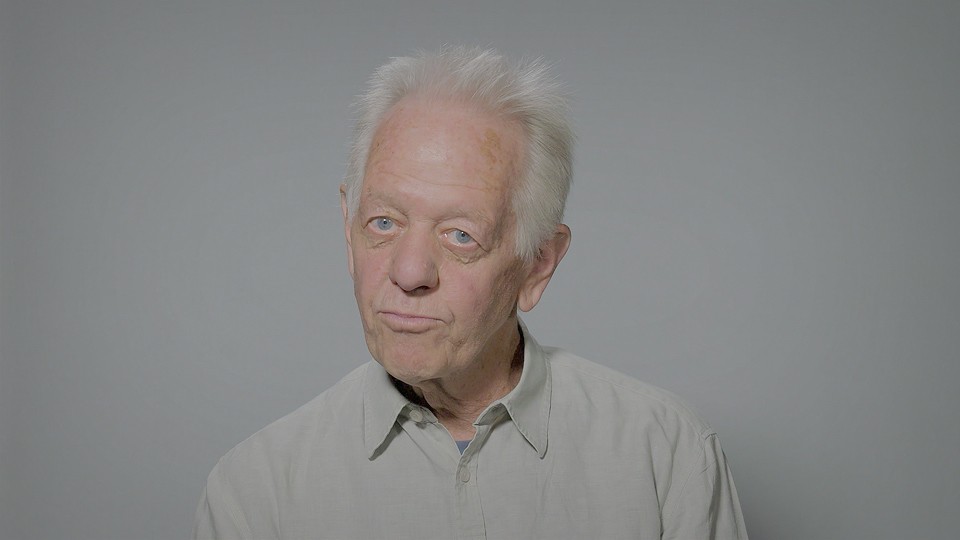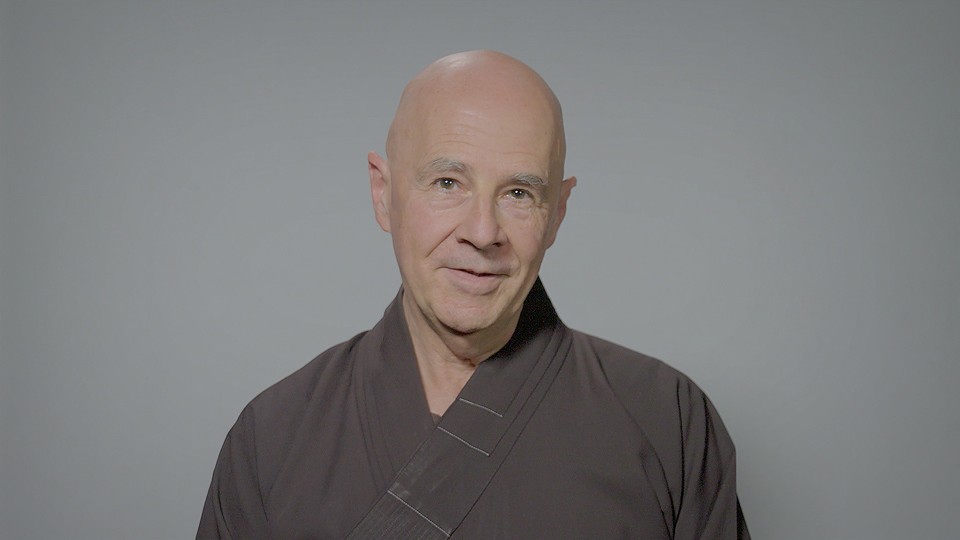ABC
Nirvana
Doctrines and rituals
The Sanskrit word nirvana literally means ‘blown out’. It describes the condition of complete release when all craving and desire, which cause suffering, come to an end and the eternal cycle of rebirth is disrupted. Because in this state there is no such a thing as a subject, no human being can perceive nirvana.
«As a flame, blown about by the force of the wind, goes out, and cannot be reckoned (as existing), even so a Muni [a sage] delivered from name and body, disappears, and cannot be reckoned (as existing).»1
Sutrapitaka
«Where there is no earth, no water, no fire, no air; no base consisting of the infinity of space, no base consisting of the infinity of consciousness, no base consisting of nothingness, no base consisting of neither-perception-nor-nonperception; neither this world nor another world nor both; neither sun nor moon. Here, I say there is no coming, no going, no staying, no deceasing, no uprising. Not fixed, not movable, it has no support. This is the end of suffering.»2
Sutrapitaka
«This is said about nirvana: no abandonment, no attainment, no annihilation, no eternality, no cessation, no arising.»3
Nagarjuna, Madhyamika-Shastra, 2nd century
1 Sutta Nipata, 1073, quoted in Max Müller, The Dhammapada and Sutta-Nipata, London and New York: Routledge, 2009.
2 Ud 8.1. Nibbana Sutta: Parinibbana (1), translated from Pali by John D. Ireland, 1998, https://www.accesstoinsight.org/tipitaka/kn/ud/ud.8.01.irel.html, last accessed 24. 09. 2018.
3 Madhyamika-Shastra of Nagarjuna, quoted after John S. Strong, The Experience of Buddhism: Sources and Interpretations, Thomson/ Wadsworth, Belmont, CA 2008, p. 147.
Voices


Jens Schlieter

Marcel Geisser

Bhante Tikino

Margrit Horlacher

Heiri Schenkel

Kayenne Ha

Thich Duc Tinh